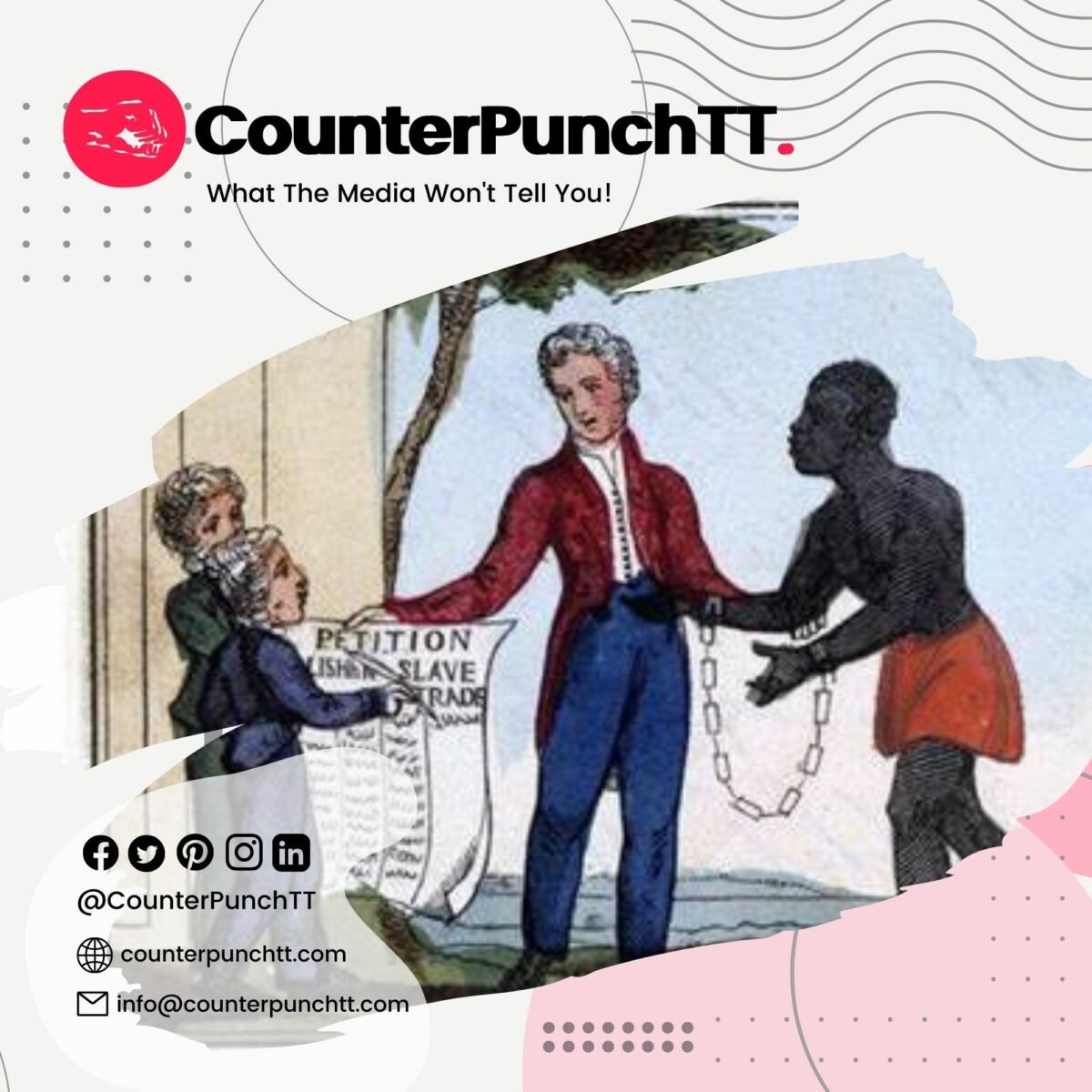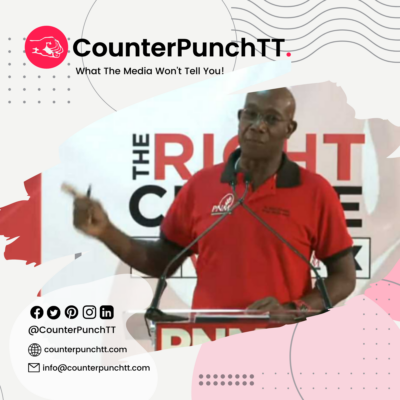DESCENDANTS of former chattel slaves in Jamaica, Grenada and Guyana have received some form of reparations in recent months.
In Trinidad and Tobago, the Government of Dr. Keith Rowley did not have a Reparations Committee until late last year.
And instead of advocating for compensation for the evil of slavery, Rowley has taken the nominal step of adding the word “African” to “Emancipation Day.”
Equally bad is that many people see the renaming as a major victory for Trinidadians and Tobagonians of African ancestry.
In contrast to that semantics, families of ex-slaves in Jamaica, Guyana and Grenada have received damages from the Gladstone dynasty of Britain.
Charles Gladstone said: “It is with deep shame and regret that we acknowledge our ancestors’ involvement in this crime and with heartfelt sincerity we apologise to the descendants of slavery.”
Other successors of slave owners have paid reparations or publicly committed to doing so.
Such compensation would not undo the horror of slavery or fully make up to the descendants.
But it means that the long-stalled issue of reparations is now gaining traction around the world.
Several Caricom countries are now advancing the matter, and Guyanese outspoken President Dr. Irfaan Ali has been assertive in interviews with BBC and other media agencies.
King Charles of Britain, along with British politicians and the media have been acknowledging the need for some form of recompense for the horrendous transatlantic slave trade.
In T&T, the Emancipation Support Committee has been silent on reparations.
The National Joint Action Committee and other local Afro organisations hailed Rowley for the name-change of the August 1 observance.
But none of those bodies has held the Prime Minister to account for his lack of vigilance on reparations.
The Government has been so inactive on the matter that when Rowley was questioned in Parliament last year, he fumbled.
While the addition of the prefix “African” to “Emancipation Day” has appeased many, some sceptics called on the Government to become proactive on reparations.
“Everybody already knows that emancipation is about Africans,” one commentator said.
“You don’t see people wearing saris or dhotis during the parade.
“Rowley must forget symbolic things and focus on the essential matter of reparations.
“He must stop the mamaguy and do the work.
“The other Caribbean countries are leaving us behind because they are making representations and speaking out.”
The Rowley Administration has never campaigned for reparations.
Guyana’s Ali has been vocal, stating that the descendants of slave traders should provide reparations to the current generation.
Ali also called for those involved in the trade to be posthumously charged with crimes against humanity,
He has spoken of the “cruel nature of African enslavement and (Indian) indentureship in Guyana.”
He said that “an act of contrition paves the way for justice.”
Portugal’s President Marcelo Rebelo de Sousa last week acknowledged his country’s involvement in transatlantic slavery and said there was a need for reparations.
Portugal transported almost six million slaves to various parts of the world, including Brazil.
“We have to pay the costs,” de Sousa said.




